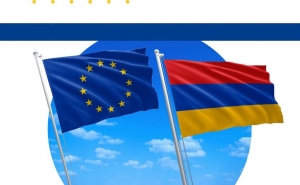
EU-Armenia Agreement Today Fully Entered Into Force
The Comprehensive and Enhanced Partnership Agreement between the European Union and Armenia entered into force today.

The Comprehensive and Enhanced Partnership Agreement between the European Union and Armenia entered into force today.
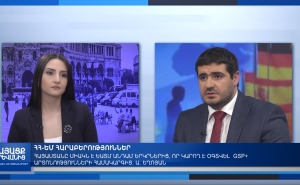
“Insight from Yerevan: Realpolitik” hosts Arman Yeghoyan, RA NA chair of the European integration standing committee, to discuss RA-EU CEPA agreement implementation and parliamentary diplomacy role in the implementation process.
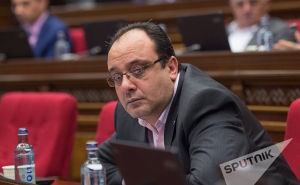
Karen Bekaryan expressed hope that we all, including the citizens, will feel the results of the ratification.
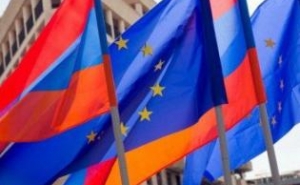
The Ambassador informed that the government has submitted the agreement to the legislative body aimed at ratifying it according to the procedure.
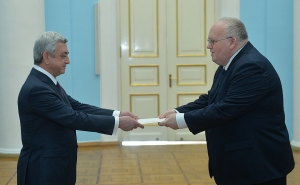
Thankful for the reception, the Ambassador said that during his tenure, he will face the priority task of exerting consistent efforts to deepen the Armenian-Polish economic ties, which have great development potential, and boost the commodity turnover between the two countries.
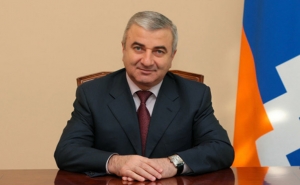
"The Armenia-EU CEPA, which sets new framework for better investment climate, predictability and stability of business environment, liberalisation of services and trade as well as strengthening democracy in #Armenia will indirectly have an influence on #Artsakh."
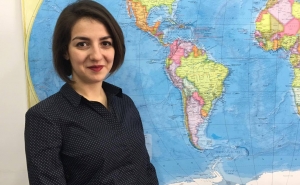
Not only Armenia but also EAEU partner countries will do their best to take maximum advantage of this opportunity.
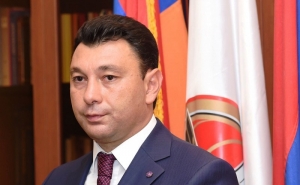
"The Comprehensive and Enhanced Partnership agreement between the EU and Armenia will open new opportunities for the EAEU member states so that they will be able to attract economic investments from the EU or enter the EU market. Armenia can act as a dialogue and cooperation bridge between the two Unions," Vice Speaker Sharmazanov added.

What refers to the anti-fraud and control provisions, the agreement defines that to prevent the financial fraud; the EU can conduct "audits, on-the-spot checks, inspections, controls and anti-fraud measures, including those conducted by the European Court of Auditors and the European Anti-Fraud Office (OLAF)."
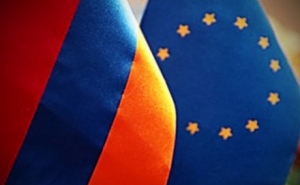
The diplomat is confident that it will be easier for Armenian and Swedish authorities and organizations to learn from each other’s experiences, and for Armenian businesses to take part in the European internal market.
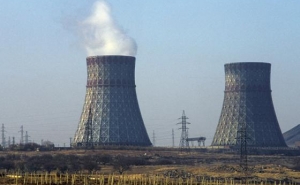
As for the point on nuclear safety, in particular Medzamor nuclear power plant, then the cooperation in this sphere is regulated by sub-point 7 ("g" in the agreement) of point 2 in the Article 42.
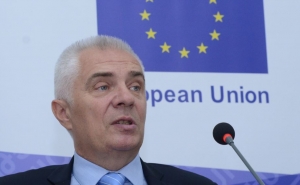
The statement was made with the request of Mediamax.
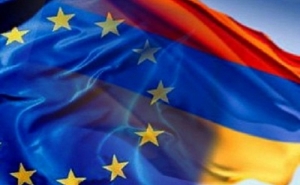
The Agreement says that the Parties should establish a dialogue on civil-society cooperation to strengthen contacts and the exchange of information and experience between all sectors of civil society in the European Union and in the Republic of Armenia.
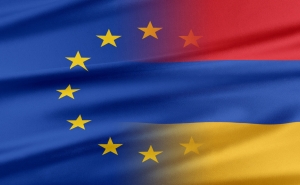
Cooperation shall be conducted while taking into account the interests of the Parties on the basis of equality and mutual benefit as well as the interdependence existing between the Parties and multilateral activities in the field.
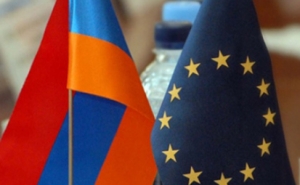
On foreign policy issues, there is no intention to coordinate the approaches, while the emphases are on strengthening cooperation and raising the efficiency.
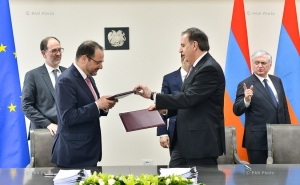
As for the principles of the Agreement, it is mentioned that the respect for the democratic principles, the rule of law, human rights and fundamental freedoms, as enshrined in particular in the UN Charter, the OSCE Helsinki Final Act and the Charter of Paris for a New Europe of 1990.
 17:08
17:08 15:05
15:05 11:11
11:11 10:43
10:43 09:16
09:16 19:55
19:55 18:30
18:30 18:20
18:20 17:01
17:01 16:45
16:45 16:01
16:01 15:59
15:59 15:43
15:43 15:06
15:06 14:47
14:47 14:44
14:44 14:20
14:20 12:57
12:57 11:40
11:40 10:16
10:16day
week
month